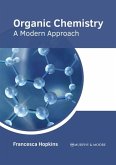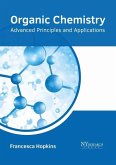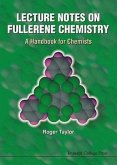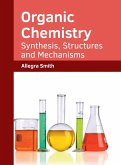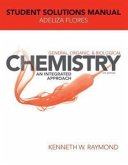Organometallic chemistry refers to the study of organometallic compounds that have at least one chemical bond between a metal and a carbon atom of an organic compound. This metal can be alkaline earth, alkaline, transition metals and sometimes metalloids like tin, boron and silicon. Carbon monoxide, carbide and cyanide are some of the common organometallic compounds. These compounds are used as catalysts in a wide range of industrial chemical reactions. Some of the important reactions that organometallic compounds undergo are electron transfer, cyclometalation, nucleophilic abstraction, transmetalation and organometallic substitution reaction. This field of study draws from the areas of organic and inorganic chemistry. The various sub-specialties of this discipline are organolithium chemistry, organoaluminium chemistry, organotitanium chemistry, organosilver chemistry, organoplatinum chemistry and organouranium chemistry. This book attempts to understand the multiple branches that fall under the discipline of organometallic chemistry. Different approaches, evaluations, methodologies and advanced studies related to this discipline have been included herein. Constant effort has been made to make the understanding of the difficult concepts of this field as easy and informative as possible, for the readers.
Hinweis: Dieser Artikel kann nur an eine deutsche Lieferadresse ausgeliefert werden.
Hinweis: Dieser Artikel kann nur an eine deutsche Lieferadresse ausgeliefert werden.


